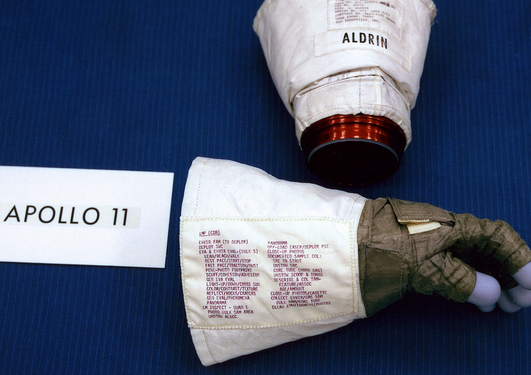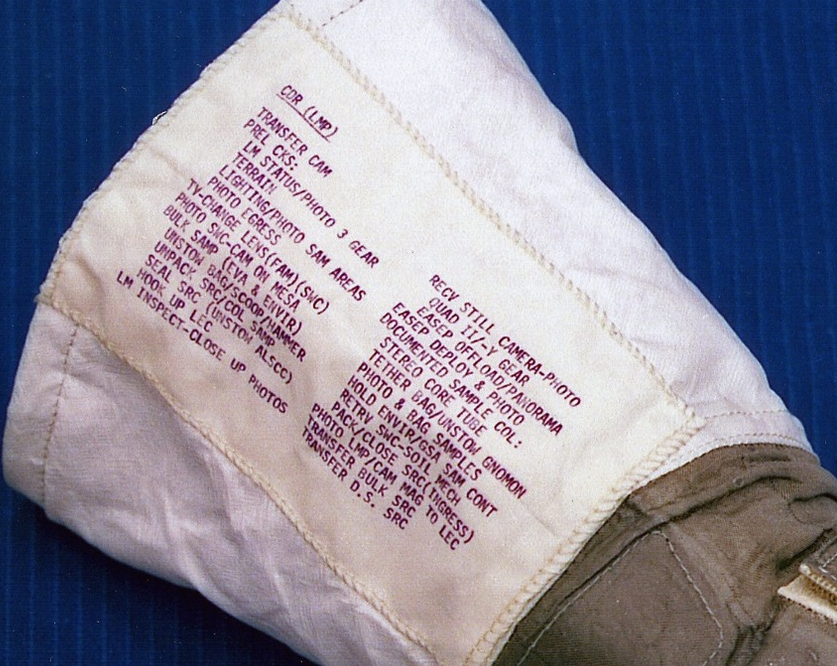#WTBlitz on testing coverage and traceability
Next Wednesday, June 14th, from 4 till 5 PM EST we’re going to have a Twitter conference on testing coverage, traceability, and traceability matrices. Follow #WTBlitz hash tag and join the conversation.
That’ll be next Wednesday.
In the meantime, let me introduce a traceability document right on the cuff of the suite used on Apollo 11 Moon mission (reported cost 25.4 billion dollars).

And closer look.

(The images above taken from NASA archive).
*****
Typical software development projects don’t cost 25.4 billion dollars but testers similarly have exploration missions to perform. Having a “laundry list” of features to explore and risks to investigate helps greatly.
In a primitive form, traceability matrix look like a table with “requirement – test case” pairs.
- The idea is to have each requirement “covered” with a test case.
- The flaw is that requirements and defects are not in 1–1 relationship, and there’s no way to pre-define any number of test cases to provide sufficient coverage – you’ll know only after having tested it.
- The critical flaw is that requirements are not isolated parts, they specify a system, which is always more than a sum of components – where are test cases for that? Read a perfect illustration: Lies, Damn Lies, and Traceability Matrices
*****
Agree, not agree, or have something to add? – Let’s talk!
Don’t forget: Wednesday, June 14th, from 4PM EST on Twitter. #WTBlitz is a hash tag.


